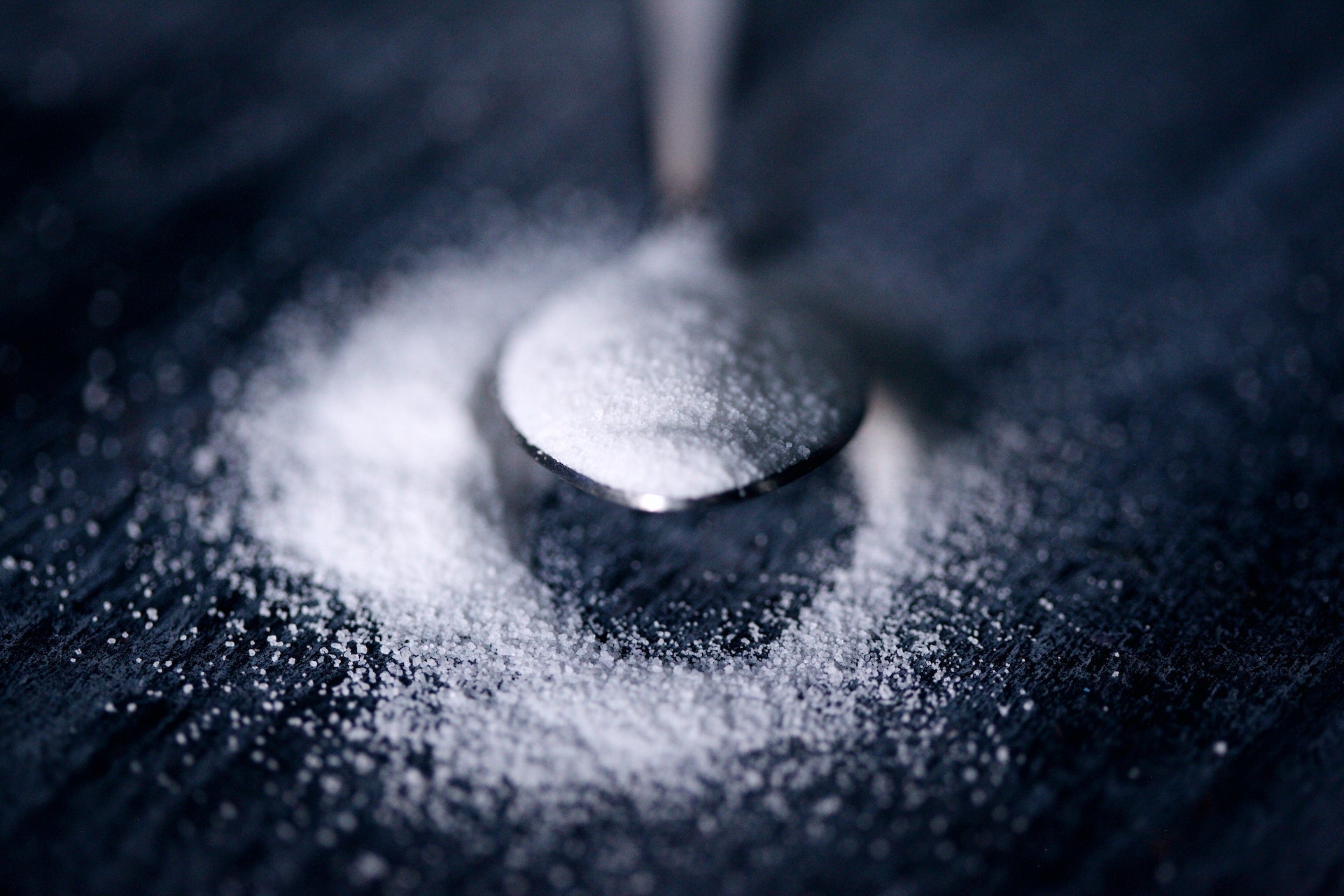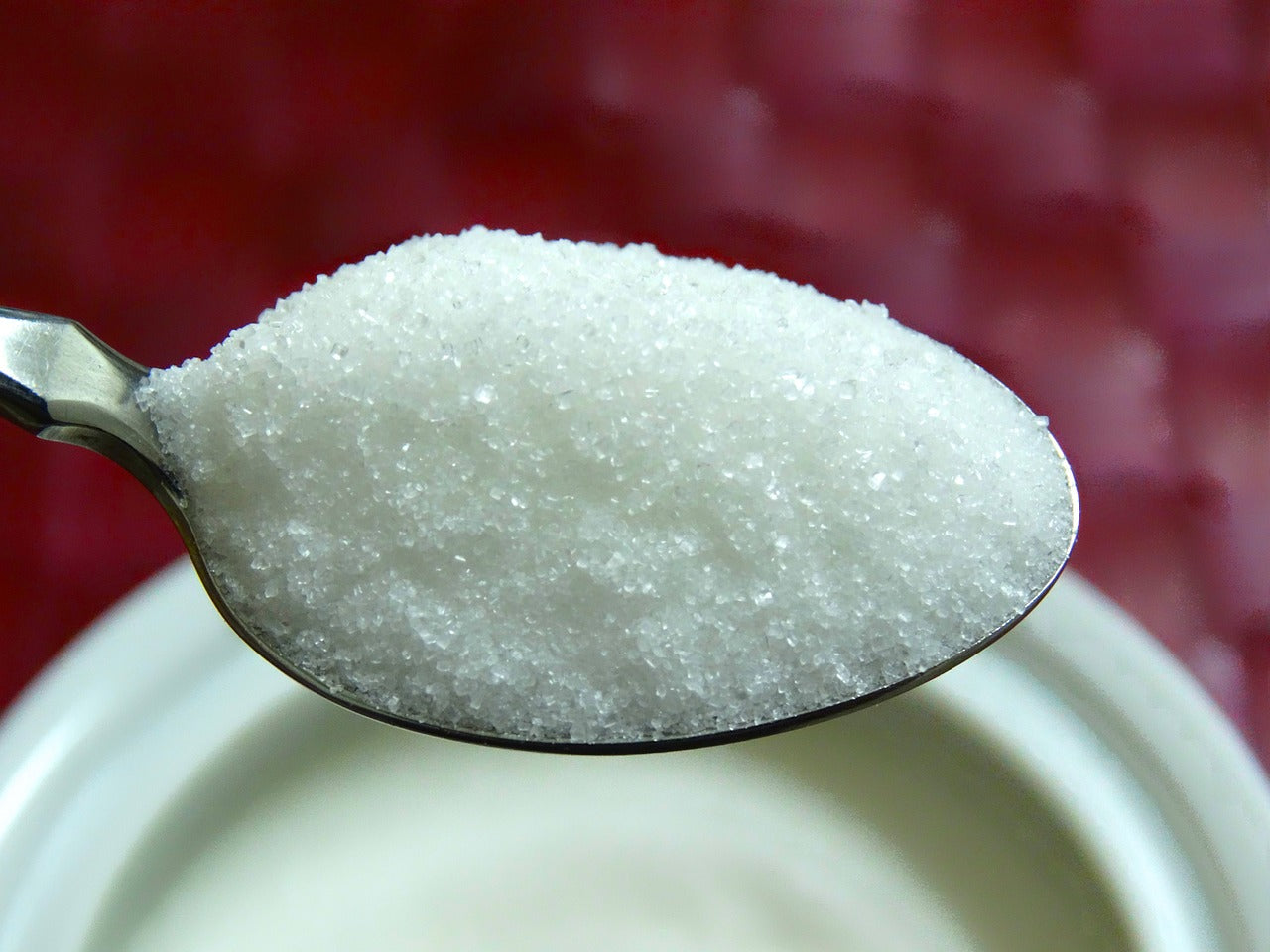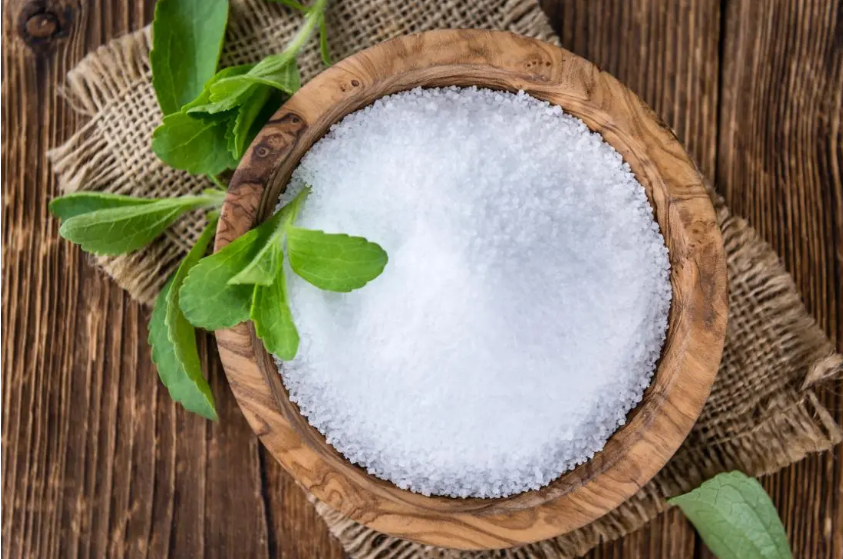
Sucralose Vs Stevia: The Difference and Which One to Choose?
The agricultural global sector states that most Americans included more sugar in their diets per year from the 1970s to 2000. When the intake of sugar dropped on a daily basis, the market value of sugar-based extracts began to boost.
Only a small percentage of American adults started adding no-calorie and low-calorie sweeteners in the year 2000. Nevertheless, about 12% of the children and 24% of the adults were using substitutes for sugar, as per the American Clinical Nutrition Review, to avoid weight gain.
These statistics state that the modern population has become quite cautious about the usage of sugar in their daily nutrition. Sugar is considered an evil in modern health due to a number of factors.
While individuals are reducing their sugar intake, the ones with sweet tooths are also considering artificial sweeteners to be a significant part of their diet. In this piece, you are going to explore the detailed differences between two of the most popular sugar substitutes, which are stevia and Sucralose.

Source: Image by Pexels
What is Sucralose?
Sucralose is a sweetener with low or zero-calorie usually made out of sugar. However, it is manufactured with the help of a multiple-step chemical procedure. In this process, three groups of hydrogen-oxygen are replaced by chlorine atoms.
Sucralose was discovered back in 1976 when a renowned scientist misunderstood an instruction regarding substance testing. Therefore, just as he quickly tasted it, he found it was extremely sweet.
What is Stevia?
Stevia is one of the most prevalent sweeteners available nowadays. It has become the favourite choice of individuals looking for an organic or natural substitute for sugar. The best part about stevia is that it does not comprise any kind of artificial sweeteners.
Stevia is directly extracted from plants. However, the species of stevia that is most predominantly used across the globe can be found in Texas, New Mexico and Arizona. People of these regions used stevia leaves to sweeten their foods for years.
Health Pluses of Natural or Artificial Sweeteners
The term natural immediately grabs the attention of fitness enthusiasts when it comes to choosing a sweetener. Natural sweeteners like stevia are definitely a healthy choice for people aiming to reduce sugar intake in their daily diet.
Speaking of which, stevia is one of the most popular natural sweeteners dominating the choice of fitness fans nowadays. When jotting a point about stevia vs sugar, you must explore the range of health benefits that Sucralose and stevia can offer.
- Once you consume stevia, it is instantly engrossed by the body. Therefore, it does not affect your insulin production, blood sugar levels or fasting levels adversely.
- Stevia is among the non-cariogenic categories of sweeteners, which means it cannot impact your dental health harmfully, unlike sugar.
- Replacing stevia with sugar also helps in reducing water footprint and carbon compared to several other sweeteners. This makes stevia a more sustainable option for people who love to consume a sugary diet.
- Recent research also states that as a natural substitute for sugar, stevia comes with more health advantages ahead of glycemic control. Some studies say that stevia might also have anti-cancer, anti-inflammatory and anti-oxidant properties. In fact, some medical researchers also mentioned the anti-viral medicinal properties of stevia.
Health Benefits of Sucralose
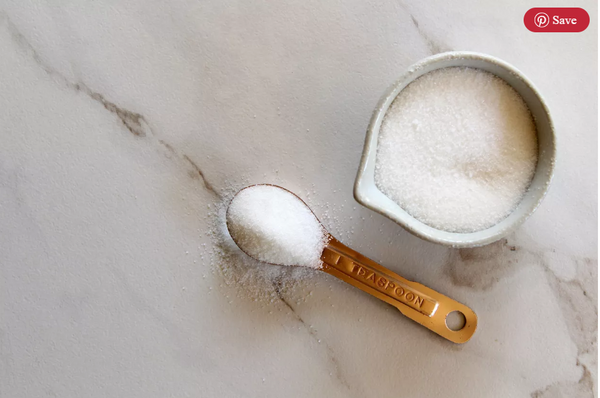
Source: Image by livestrong.com
A large percentage of the population, including diabetic patients, is dependent on artificial sweeteners today. Henceforth, artificial sweeteners definitely come with specific sets of health benefits. Sucralose is a popular and widely used substitute for sugar available in the United States.
Also read:
You can find this substitute in most reputed grocery stores. Apart from that, they are also available in top-notch restaurants and coffee shops. If you want to find out more on stevia vs sugar, read on to these health pluses that Sucralose might offer.
- Sucralose is a substitute with zero calorie count and is not absorbed by the human body when consumed. This indicates that this sweetener has minimal or zero influence on your body weight.
- This sweetener is a hundred percent non-cariogenic, which means it does not contribute to the secretion of bacteria like other synthetic sweeteners. It is completely safe for your overall oral health and is a lot less harmful for gum conditions.
- Sucralose has become a unique choice for those with an extreme flair for sugary foods. They often use it in food items, beverages and desserts that need an extra punch of sweetness. As per research, Sucralose is about six hundred times sweeter than usual sugar. Therefore, unless you do not want your dish to be extremely sweet, you must check the amount of sweetener before use.
Also read:
A Comparison of the Nutritional Factors of Stevia and Sucralose
If you are confused about stevia vs sugar and which sweetener to include in your diet, find out about the right nutritional values to reach the best decision. To begin with, stevia is an artificial sweetener containing zero calorie count, whereas Sucralose contains a low percentage of calories.
However, the Agricultural Department of the United States (USDA) states that Sucralose can be considered free of calories. Sucralose only comprises five calories in each serving, which is equivalent to the calorie-free category.
A single serving of stevia generally includes one small spoon of powder and five drops of liquid. Alternatively, the packages of surclosa contain precisely one gram of powder. If you are purchasing the liquid packages, each serving or surculose shall come with one by sixteen teaspoons of liquid.
As per the information mentioned above, the difference between the nutritional values of these sweeteners is minimal. A single spoon of stevia has a moderate amount of protein, fat, minerals and vitamins.
However, it also comes with a tiny amount of carbs, which is negligible. A similar amount of surclosa comprises 0.5 grams of carbohydrate, 0.02 mg of potassium and two calories.
Sucralose vs Stevia: Potential Health-Related Effects & Concerns
| Criteria | Sucralose | Stevia |
|---|---|---|
| Source | Artificial sweetener derived from sucrose | Natural sweetener from Stevia rebaudiana plant |
| Caloric Content | Virtually calorie-free | Zero calories |
| Sweetness | Sweeter than sugar | 50-300 times sweeter than sugar |
| Blood Sugar Impact | Does not affect blood sugar levels | Does not induce rapid spikes in blood sugar |
| Processing | Highly processed | Minimally processed |
| Aftertaste | May have a slight aftertaste for some people | Some report a mild licorice-like aftertaste |
| Heat Stability | Stable at high temperatures | May lose sweetness at high temperatures |
| Common Use | Widely used in commercial products | Popular as a natural sugar substitute |
Sugar substitutes might be related to a range of adverse effects on human health. Mostly, these health-related effects are estimated on specific and underlying health conditions of individuals. If you want to clarify the key aspects of the health effects when it comes to stevia vs sugar, here is what you need to know.
Stevia and Its Possible Side-Effects
As a natural substitute for sugar, stevia is related to fewer health side effects. However, deeper research on stevia shows the production of a microbiome in the gut. Nonetheless, more intricate research is required to prove that stevia actually imposes such effects on gut health.
How Safe Is Sucralose for You To Consume Daily?
While certain studies state that Sucralose has zero adverse effects on insulin production or blood sugar levels, other research shows it can reduce sensitivity to insulin. Research also states that another key ingredient that is maltodextrin, present in Sucralose, might lead to a significant spike in blood sugar levels.
However, it is not evident in the case of every individual. Such symptoms have been found in individuals who already suffer from underlying health conditions like diabetes.
As stated before, some researchers state that this particular sweetener can produce toxic properties when heated more than two hundred and fifty degrees Celsius. However, recent data shows that Sucralose has been stated as a safe alternative to sugar by the Department of Food and Drug Administration (FDA).
There is a need for more research to verify that the specific sweetener is hundred per cent safe to consume for one and all.
Which Is a Healthier Option Based on Your Health Condition?
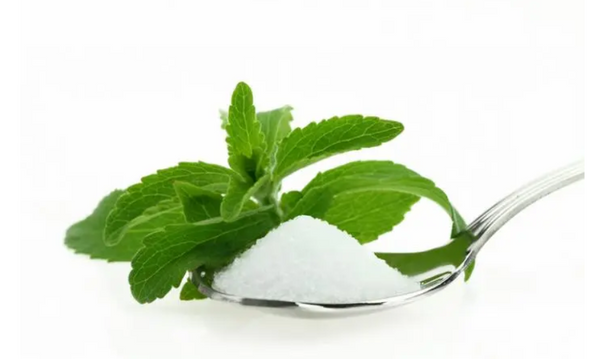
Source: Image by medicalnewstoday.com
Much has been spoken about the nutritional value, side-effects, and pros and cons of stevia and Sucralose. However, individuals possess a distinct choice when it comes to choosing sweeteners.
There are a range of options for sugar substitutes available in the current market. However, one must consider consulting with a medical health professional before considering a new sugar substitute or even switching to a new one.
As stated earlier, stevia has the least effect on blood sugar levels and insulin secretion as an organic sweetener. But on the other hand, stevia is also known for producing bacteria in the gut in some cases.
Likely, Sucralose has also shown negative effects in terms of producing bacteria in the gut. Nonetheless, unlike stevia, this type of sweetener might increase blood sugar levels in patients.
The Final Words
As said and done, Sucralose and stevia are both popular sweeteners free of calories. They are both approved by the Food and Drug Administration as safe alternatives to sugar. You must consider every detail, pros and cons mentioned above regarding both sugar substitutes.
Most importantly, it would help if you focused on every detailed nutritional aspect and side effects of substitutes on their unique health conditions to make the right choice.





